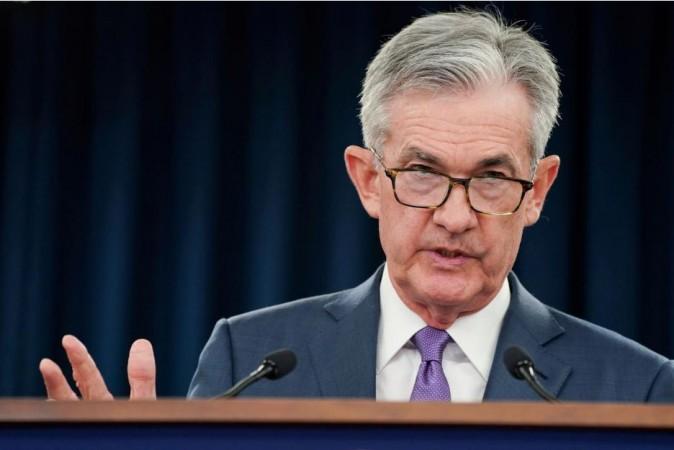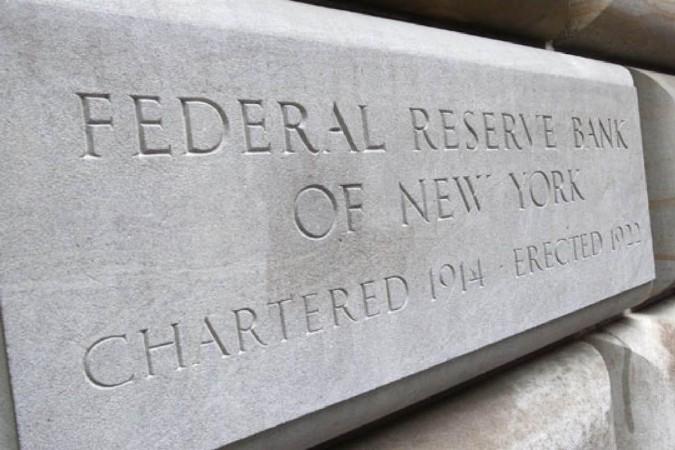As expected, the US Federal Reserve raised the interest rate by 0.75 percentage points, the highest on-shot increase since 1994, to tackle inflation that is at its highest in 40 years.
Announcing the rate hike after a two-day policy meeting, the US Fed has sent out clear signals to stem the rising inflation in the country, which is at its 40-year high. In fact, the rate hike ran contrary to smaller rate hikes of 0.50 percentage points that had been indicated by several members of the fed's top decision making committee, the Federal Open Market Committee.
"We thought that strong action was warranted at this meeting and we delivered on that," Federal Reserve Chair Jerome H. Powell said in a news conference announcing the decision.
"It is essential that we bring inflation down if we are to have a sustained period of strong labor market conditions that benefit all...The current picture is plain to see: The labor market is extremely tight and inflation is much too high."

He added: "Clearly today's 75 basis point increase is an unusually large one and I do not expect moves of this size to be common." But he went on to indicate that the next hike, due in July, could be between 50 or 75 basis points in July. "We will however make our decisions meeting by meeting."
Powell indicated the path to a soft-landing when the Fed is able to slow down the economy without drastic cuts is becoming increasingly improbable. The Fed said in a release that it is strongly committed to 2 per cent inflation, which is currently at 8.6 per cent, a massive 40 year record.
The steep hike will make mortgages, auto loans and credit cards more expensive. These hikes are aimed at cooling a heated economy by reducing demand. But some people worry that the aggressive hikes could cool the economy too much and bring in recession and trigger waves of layoffs.

Countries around the world are also deploying interest rate hikes as a weapon against inflation.
The Reserve Bank of India raised its key interest rate (known as repo rate) by 0.5 per cent to 4.9 per cent last week citing "upside risk to inflation."
This came on the heels of a 0.4 per cent increase to 4.4 per cent last month.
The European Central Bank announced last week that it would also raise its key interest rate for the first time in more than a decade next month and follow it with another in September.
(With inputs from IANS)














